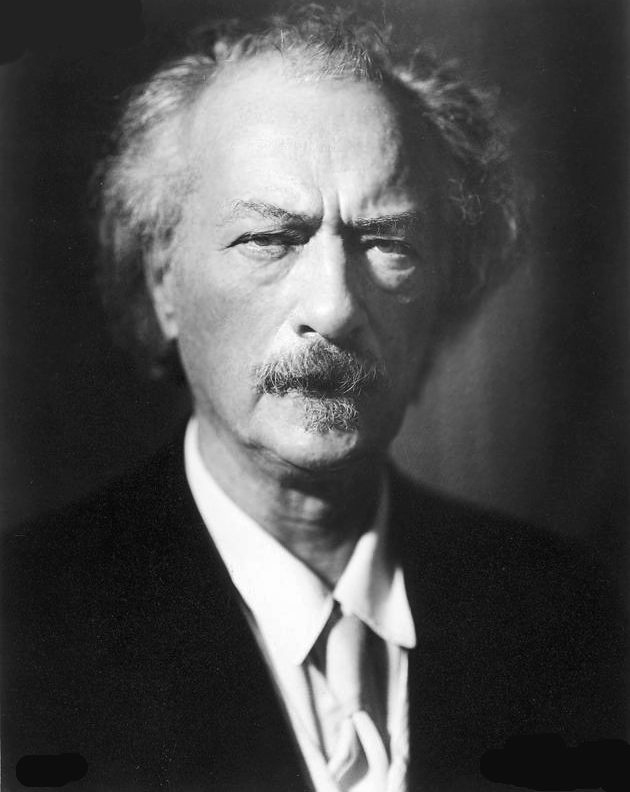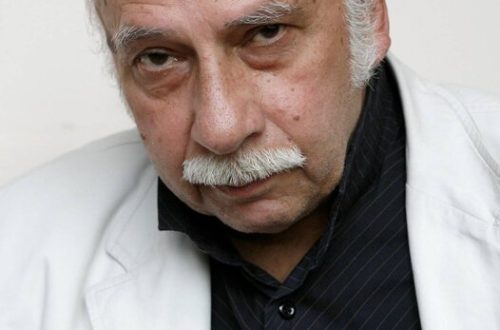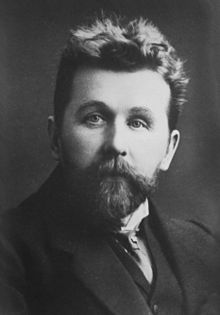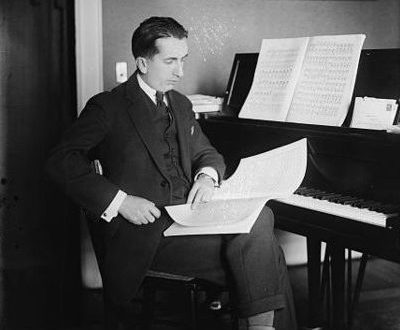
Ignacy Jan Paderewski |
Ignacy Jan Paderewski
He studied piano with R. Strobl, J. Yanota and P. Schlözer at the Warsaw Musical Institute (1872-78), studied composition under the direction of F. Kiel (1881), orchestration – under the direction of G. Urban (1883) in Berlin, continued his studies with T. Leshetitsky (piano) in Vienna (1884 and 1886), for some time he taught at the conservatory in Strasbourg. He first performed in concert as an accompanist of the singer P. Lucca in Vienna in 1887, and made his debut in an independent concert in Paris in 1888. After performances in Vienna (1889), London (1890) and New York (1891), he was recognized as one of the outstanding pianists of his time.
In 1899 he settled in Morges (Switzerland). In 1909 he was director of the Warsaw Musical Institute. Among the students are S. Shpinalsky, H. Sztompka, S. Navrotsky, Z. Stoyovsky.
Paderewski toured in Europe, in the USA, South. Africa, Australia; repeatedly gave concerts in Russia. Was a pianist of the romantic style; Paderewski combined in his art refinement, sophistication and elegance of detail with brilliant virtuosity and fiery temperament; at the same time, he did not escape the influence of salonism, sometimes mannerisms (typical of pianism at the turn of the 19th and 20th centuries). Paderewski’s extensive repertoire is based on the works of F. Chopin (who was considered his unsurpassed interpreter) and F. Liszt.
He was Prime Minister and Minister of Foreign Affairs of Poland (1919). He headed the Polish delegation at the Paris Peace Conference 1919-20. In 1921 he retired from political activity and gave concerts intensively. From January 1940 he was chairman of the National Council of the Polish reactionary emigration in Paris. The most famous piano miniatures, incl. Menuet G-dur (from a cycle of 6 concert humoresques, op. 14).
Under the arm Paderewski in 1935-40, an edition of the complete works of Chopin was prepared (it came out in Warsaw in 1949-58). Author of articles in Polish and French music press. Wrote memoirs.
Compositions:
opera – Manru (according to J.I. Krashevsky, in German, lang., 1901, Dresden); for orchestra – symphony (1907); for piano and orchestra – concert (1888), Polish fantasy on original themes (Fantaisie polonaise …, 1893); sonata for violin and piano (1885); for piano – sonata (1903), Polish dances (Danses polonaises, including op. 5 and op. 9, 1884) and other plays, incl. cycle Songs of the traveler (Chants du voyageur, 5 pieces, 1884), studies; for piano 4 hands – Tatra album (Album tatranskie, 1884); songs.
D. A. Rabinovich





